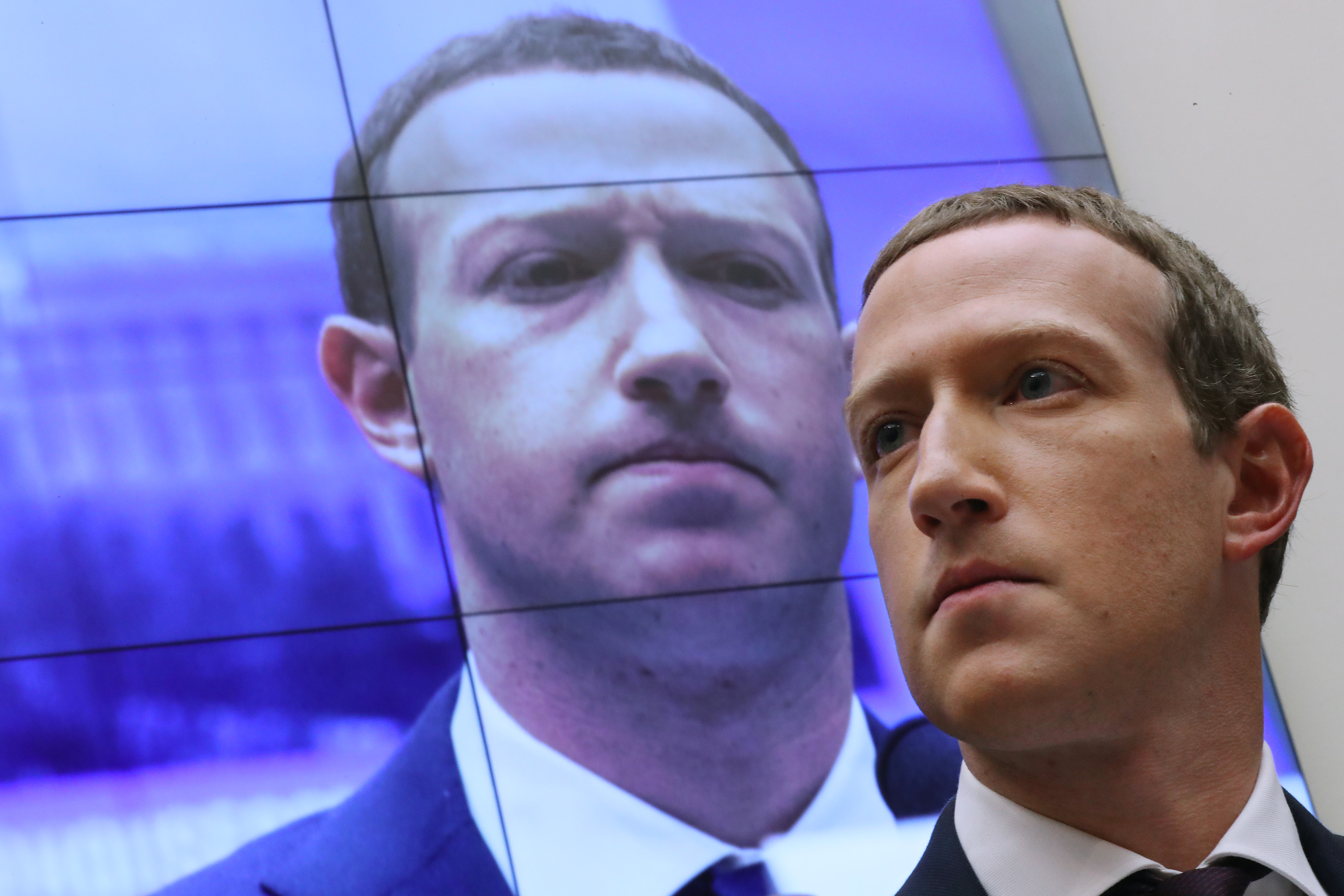Facebook Employees Have Launched Their First Major Protest Against Mark Zuckerberg

Credit to Author: Lauren Kaori Gurley| Date: Tue, 29 Oct 2019 13:23:52 +0000
Hundreds of Facebook employees have signed onto a letter protesting the company’s decision last month to allow politicians to post false statements in advertisements on the social media site.
“Our current policies on fact checking people in political office, or those running for office, are a threat to what FB stands for,” the letter obtained by The New York Times and signed by more than 250 Facebook employees, says. “We strongly object to this policy as it stands. It doesn’t protect voices, but instead allows politicians to weaponize our platform by targeting people who believe that content posted by political figures is trustworthy.”
The letter, which is directed to Mark Zuckerberg and other Facebook leaders, was posted two weeks ago on Facebook Workplace, an internal communication board for employees of the company. It arguably marks the most aggressive campaign that Facebook employees have launched against their employer to date. “We want to have this conversation in an open dialog because we want to see actual change,” they wrote.
The news arrives in the midst of widespread workplace dissent across the tech industry—a period of unrest that Facebook workers have largely kept their distance from. Employees at other tech giants—including Google, Amazon, and Microsoft—have staged mass protests against their companies’ military and law enforcement contracts, sexual harassment policies, and carbon footprints. Often these actions have resulted in powerful changes from the companies’ CEOs. In September, when Amazon workers planned a 1,700 worker walkout against the company’s carbon footprint during the global climate strike, Jeff Bezos responded with a pledge to eliminate the company’s carbon footprint by 2030. Facebook workers also participated in the walk out, in smaller numbers.
Activists who have worked with Facebook employees have told Motherboard that they are scared to talk to the media. In its earlier years, the social media giant—which is known for its extremely competitive recruiting and hiring process—had few leaks to the media. In recent years, that has changed.
Are you a tech worker organizing an action at your company? We'd love to hear from you. You can email Lauren at lauren.gurley@vice.com.
To be fair, employee activism at Facebook has occurred in small doses, most often tacked onto activist movements at other companies. In May, Facebook workers, alongside over 1,000 Google employees, staged sit-ins protesting retaliation against activist employees. Just two weeks ago, Facebook fired a Chinese engineer who led hundreds of workers in a protest at the company’s Menlo Park headquarters, after an employee in the advertising department jumped off a four story building ending his life. Yi Yin, the fired engineer, told Motherboard that he wanted to speak up for Chinese workers on visas at the company who feel silenced because of their visa status.
In their recent letter, Facebook employees outline a list of demands aimed at democratizing and increasing transparency on the platform with regards to political ads. Employees are demanding Facebook hold political ads to the same fact-checking standards as other ads, create more obvious visual distinctions between organic and political posts, restrict advertising for political ads that target specific demographics, and enforce spending caps for individual politicians—regardless of whether funds come from PACs or the politicians themselves. “High-profile politicians can out-spend new voices and drown out the competition,” they write. “To solve for this, if you have a PAC and a politician both running ads, there would be a limit that would apply to both together, rather than to each advertiser individually.”
“Facebook’s culture is built on openness so we appreciate our employees voicing their thoughts on this important topic," a Facebook spokesperson told Motherboard in response to news of the letter. "We remain committed to not censoring political speech, and will continue exploring additional steps we can take to bring increased transparency to political ads.”
This article originally appeared on VICE US.